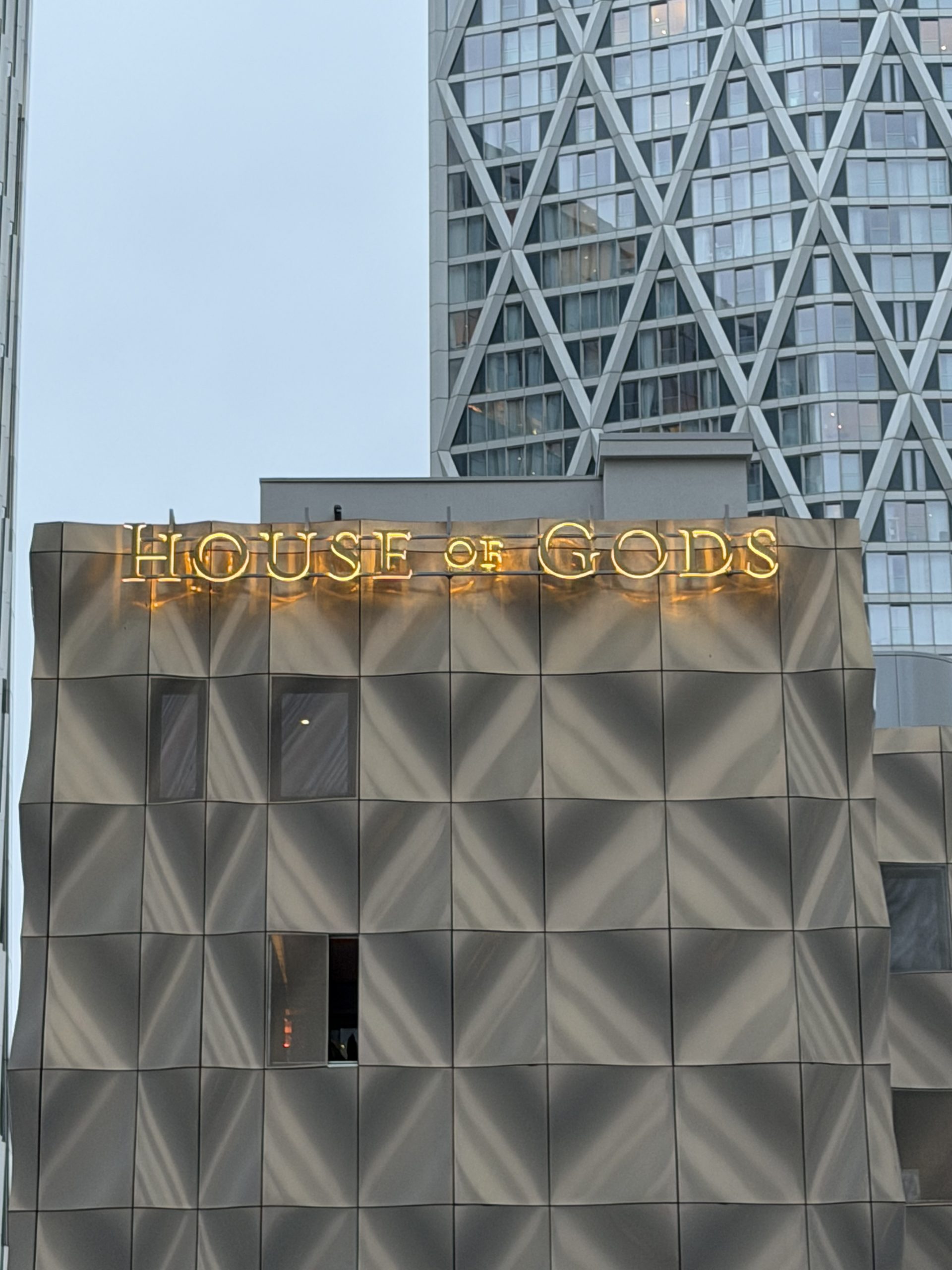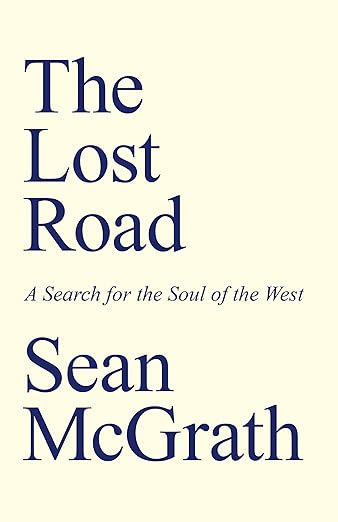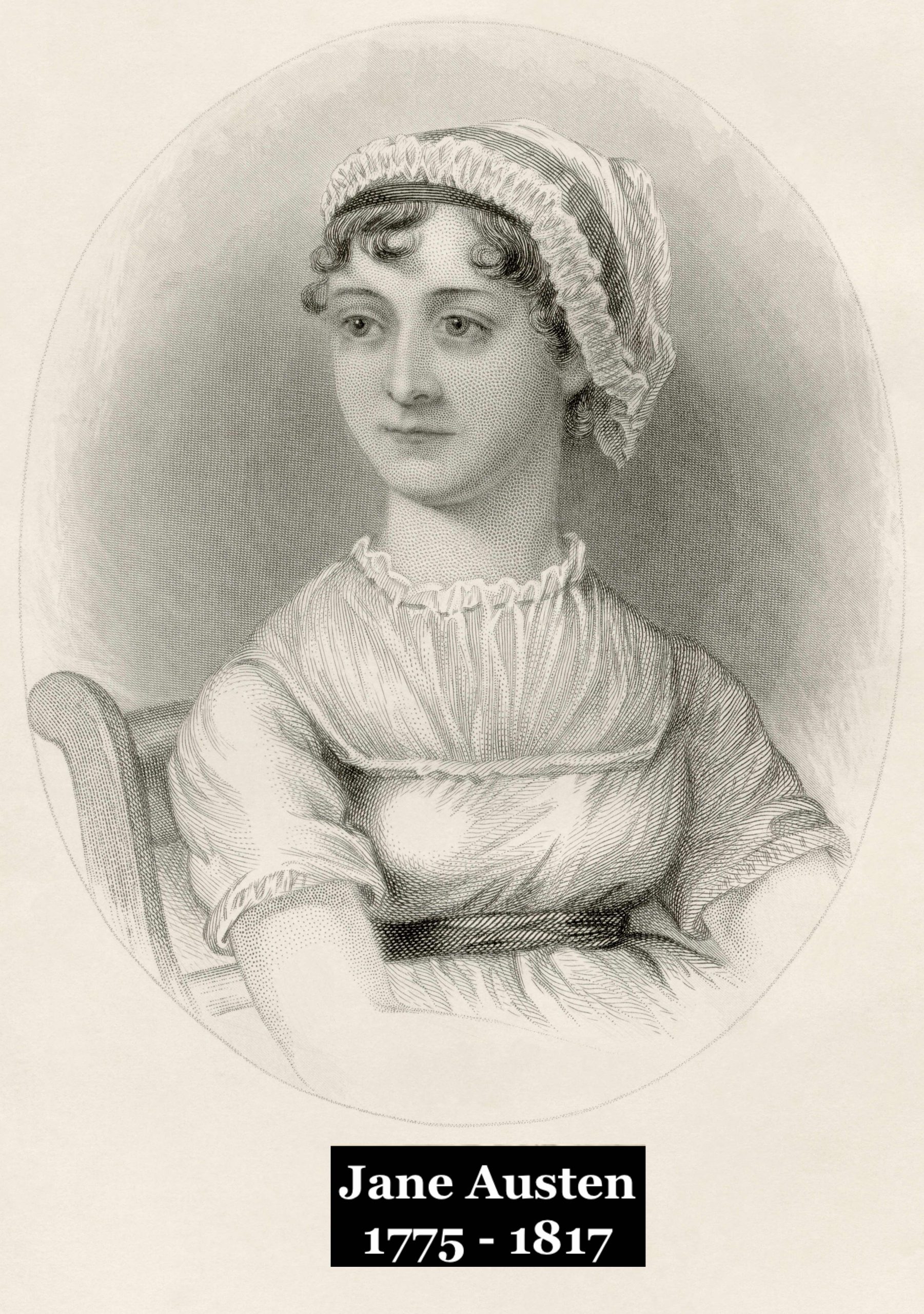Welcome to Anglicanism.org a depository of papers, articles and items of general interest. Whilst many contributions are linked to the generic theme of Anglicanism we also feature a wide range of subjects beyond any particular definition.
The website contains a free-to-use library for information and study. We started life in 2009 as a specialist vehicle for the publication of pre-doctoral papers. However, the site has long since outgrown that rather narrow range and (we like to think) become something much more accessible without surrendering academic integrity.
You are welcome to browse, read and download. Perhaps you would like to submit a paper, letter or comment as well? If so please email the Editor at the address below. We are not a blogsite but we also have linked Facebook and Twitter pages where you may add your online comments.
Editor: The Rev’d Dr. Nicholas Henderson
Email: info@anglicanism.org
Latest Additions:
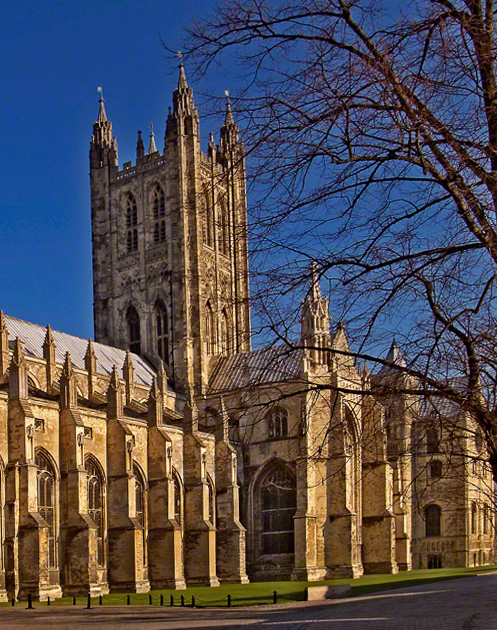
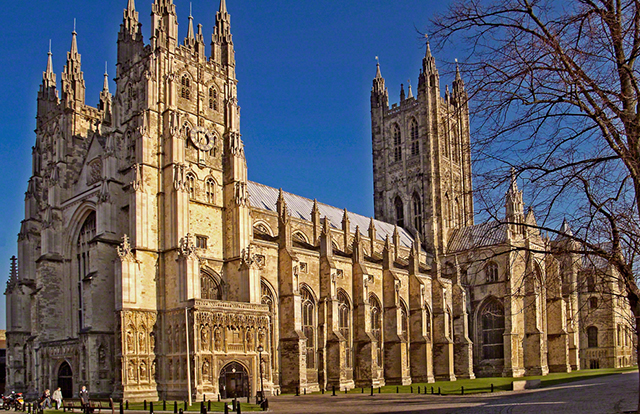
Anglicanism traces its antecedents back to the independent Romano-British Church during the first few centuries of Christianity, the arrival of St Augustine of Canterbury at the behest of Pope Gregory the Great in the late sixth century, a replacement of indigenous Celtic/Irish traditions with Latin oversight in the seventh century and then onwards to the tumultuous sixteenth century the Reformation and the break with Rome. Subsequently modern Anglicanism has slowly emerged, at times almost accidentally, at first in the English speaking world and then as a worldwide denomination.
To describe Anglicanism in a paragraph scarcely does it justice but being in communion with the see of Canterbury has come to define a type of Christianity with a wide range of liturgical practice, a spectrum of theological interpretation and the inevitable tensions that exist in a body that spans countries and cultures. Not strictly speaking a Church, although the term ‘Anglican Church’ is frequently used, the Anglican Communion is now represented in some 144 countries.

The Compass Rose is the emblem of the Anglican Communion. It was originally designed by the late Canon Edward West of New York. The Greek inscription ‘The Truth Shall Make You Free’ (John 8:32) surrounds the cross. The compass points to Anglican/Episcopal Christianity throughout the world with the mitre on the top indicating the role of episcopacy and apostolic order that is characteristic of churches of the Communion.
The modern design is by Giles Bloomfield and the symbol was set in the nave of the mother church of the Anglican Communion, the Cathedral Church of Christ in Canterbury, founded 597 – (photograph above). It was dedicated by Archbishop Robert Runcie at the final Eucharist of the Lambeth Conference in 1988. A similar Compass Rose was dedicated in Washington National Cathedral in 1990 to encourage worldwide use. The official Anglican Communion flag with the emblem was designed by the Rev’d Bruce Nutter of Australia.

